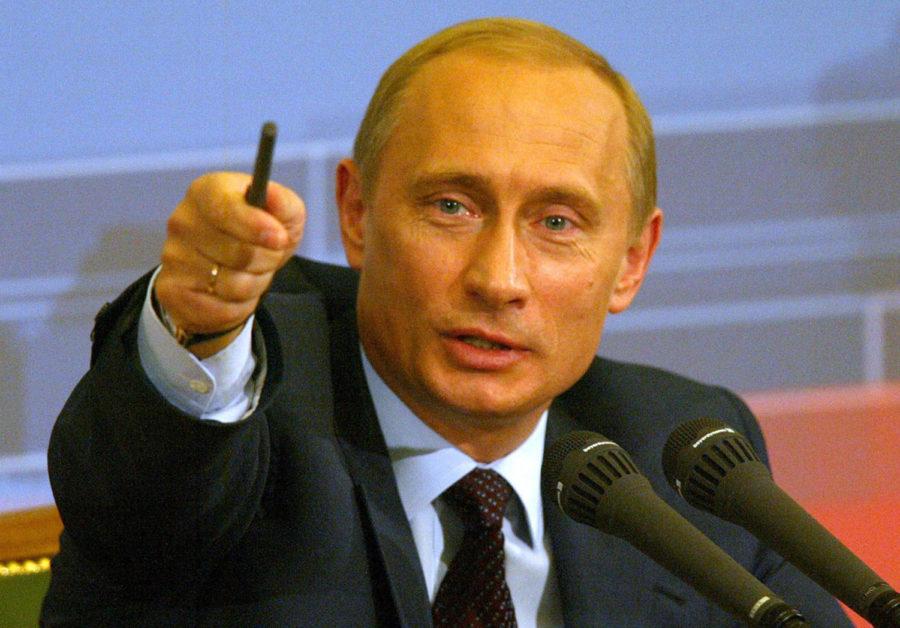US, Russian politics dance around Olympics
Russian President Vladimir Putin recently submitted an op-ed to The New York Times that pleading caution with U.S. intervention in Syria. Columnist Michael Glawe sees hidden motives within Putin’s piece as Russia hopes to protect its interests in Syria.
February 8, 2018
Despite doping allegations, Russian athletes will compete in the 2018 Winter Olympics in Pyeongchang, South Korea, though not under the Russian flag.
The International Olympic Committee (IOC) has decided they will allow Russian athletes to compete under the Olympic flag as a group designated “Olympic Athletes from Russia” or OAR.
In 2014, German broadcaster ARD aired a documentary which brought forward allegations that Russia organized a state-run program that supplied their athletes with performance enhancing drugs.
This, in the following years, led to a number of the reports, including one commissioned by the World Anti-Doping agency that proved beyond a reasonable doubt that the Russian government operated for the protection of doped Russian athletes.
On Dec. 5, 2017, the IOC announced that Russia was suspended from the games. They later allowed athletes with no previous drug violations and a consistent history of drug testing to compete in the games as part of the OAR group leaving 169 Russians allowed to compete in the games in the OAR.
Russian President Vladimir Putin has criticized the Olympic sanctions against Russia, labeling it a U.S. attempt to sow dissent in Russia.
“In response to our imaginary interference in their election, [the U.S.] wants to create problems in the Russian presidential election,” Putin said in a BBC news article.
David Andersen, assistant professor of political science at Iowa State, says despite all this Olympic games have very little real impact on foreign policy, however he does see growing conflict between the U.S. and Russia.
What Andersen said he sees in Washington is “confused” foreign policy when it comes to Russia. While Congress is imposing sanctions on Russia, President Trump is refusing to enforce them and attempting to bring the U.S. and Russia closer.
Congress imposed sanctions on Russia after accepting findings by U.S. intelligence agencies that Russia interfered in the 2016 election. Andersen feels this puts Trump in a difficult spot.
“President Trump is afraid of admitting there was interference in the election; it’s the same as saying his election was illegitimate,” Andersen said, “The repercussion of this is that we are not protecting our elections as much as we should against what is a foreign antagonist.”
Andersen said these factors are leading to an increasingly divided government when it comes to the question of how to treat Russia. This confusion, in Andersen’s opinion, seems to be Putin’s goal.
“Putin understands our system of government and he knows that when congress and the president disagree on something it’s difficult to predict what will happen in the future,” Andersen said.
Andersen claimed that Russia is not just attacking the U.S. but democracies across the world. These attacks are not so much aimed at getting a specific candidate or party in power but in decreasing trust in democratic institutions and increasing areas of disagreement in democracies across the world.
“By creating instability in the world, Russia feels like it can become stronger, simply because it weakens all of its adversaries,” Andersen said.
Russia is still a major geopolitical actor behind only the U.S. and China, and Andersen feels their power is growing as a result of these actions.
“We [The U.S.] are walking away from position of world leadership, because we can’t agree what to do,” Andersen said.
















